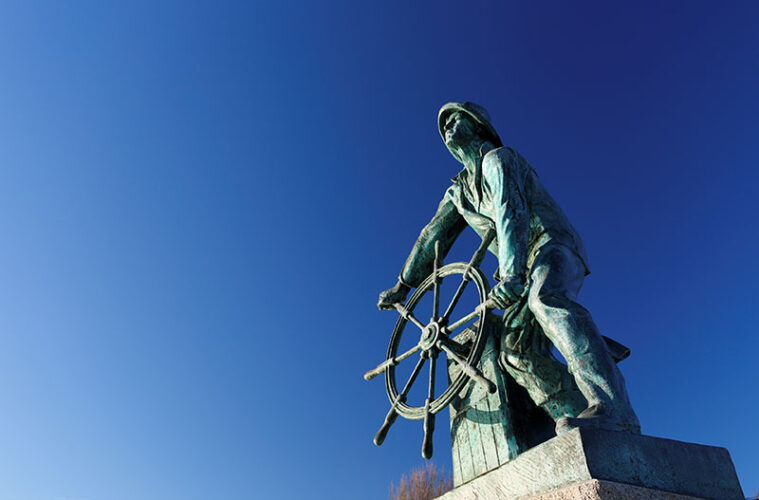The name “Gloucester” first pops up in official records in the 1640s. Before that, explorer John Smith rather fancifully called the area “Tragabigzanda.” Earlier yet, in 1606, one of the first maps of the region used the name “le Beau port,” French for “the beautiful harbor.” And well before any Europeans named the land, indigenous peoples lived here for thousands of years, using their own language to describe the places and terrain.
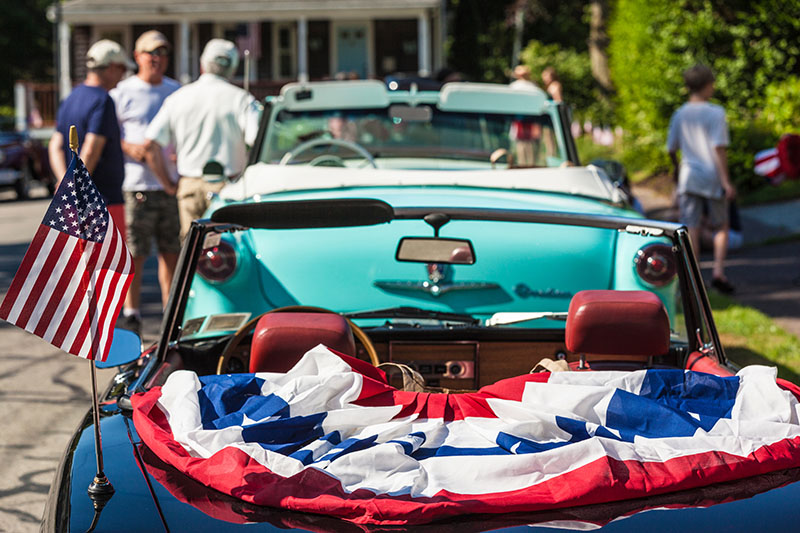
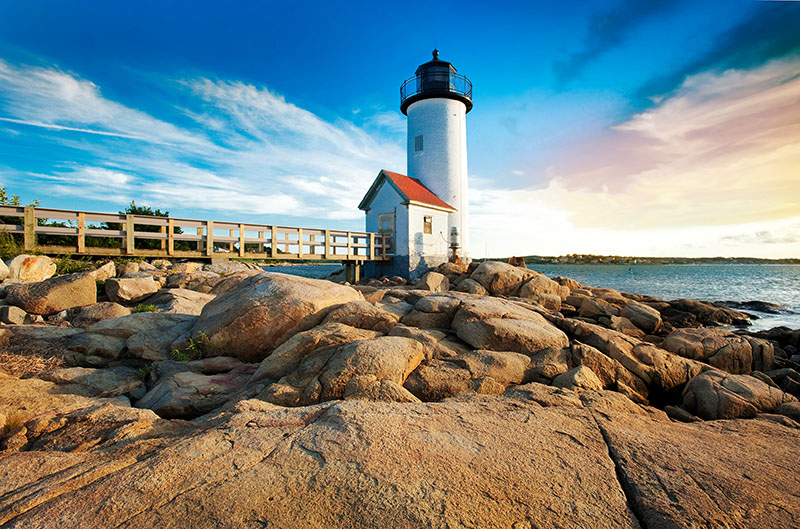
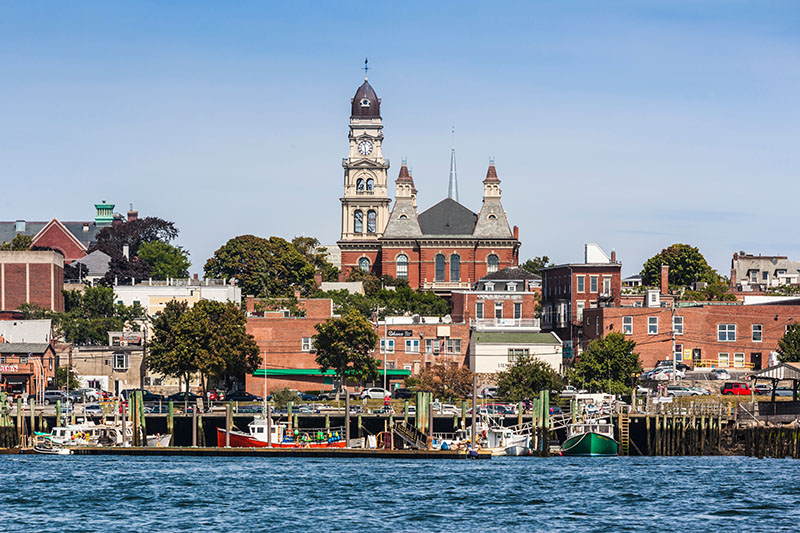
It is that history—all of it—that is being honored and celebrated this year, as Gloucester undertakes a yearlong observation of the 400th anniversary of European settlement, and the rich history that unfurled before and since. That means delving into indigenous history, but also looking at the Brazilian, Azorean, Sicilian, Afghani, Finnish, and other cultural histories that are woven into contemporary Gloucester life.
“Gloucester 400+ is a commemoration of 1623 when the English settlers came here, but it goes beyond that,” says executive director Elsje Zwart of the entity.
Gloucester—known today mainly for its popular beaches, thriving arts scene, and troubled but still-kicking fishing industry—has been preparing for this quadricentennial event for years. Fairly early on, however, the planners realized that talk of a 400th anniversary neglected the years of civilization and culture that had occurred before Europeans ever set foot on the land. So, the planning committee decided to add a plus sign to the event name, signifying the intent to include and celebrate the stories of all the region’s people.
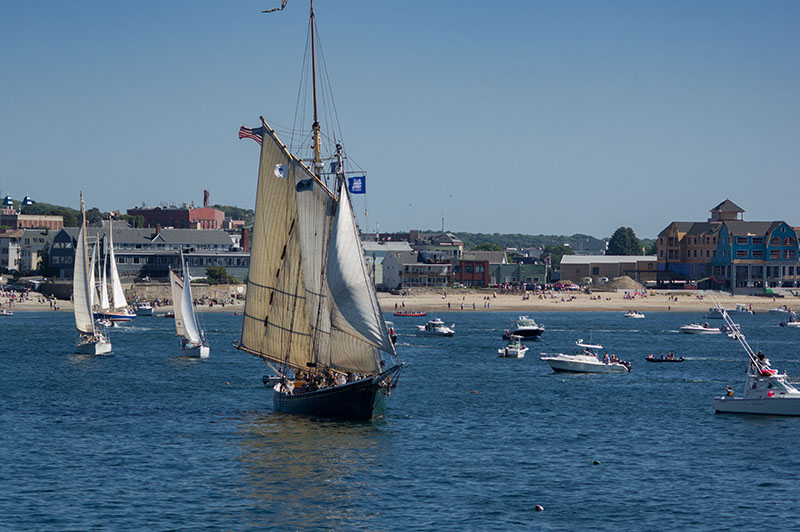
“We do feel that we have an obligation—and are excited—to share the much larger story that relates to this place,” says Oliver Barker, director of the Cape Ann Museum, which is partnering with Gloucester 400+ on some events as well as developing its own programming focused on the region’s indigenous history.
The backbone of the Gloucester 400+ efforts is the 400 Stories project, an effort to collect and share the histories of at least 400 local residents, past and present, to shine a light on the vast diversity of stories that have played out in Gloucester. The stories are being posted on the Gloucester 400+ website and will be published in a commemorative book. The narratives collected so far tell stories of recent immigrants and fifth-generation residents, including artists, fishermen, entrepreneurs, and community volunteers. There’s a profile of a 12-year-old aspiring rock star, and one of a tennis pro who is in her 80s and still inspiring children with a love of her sport.
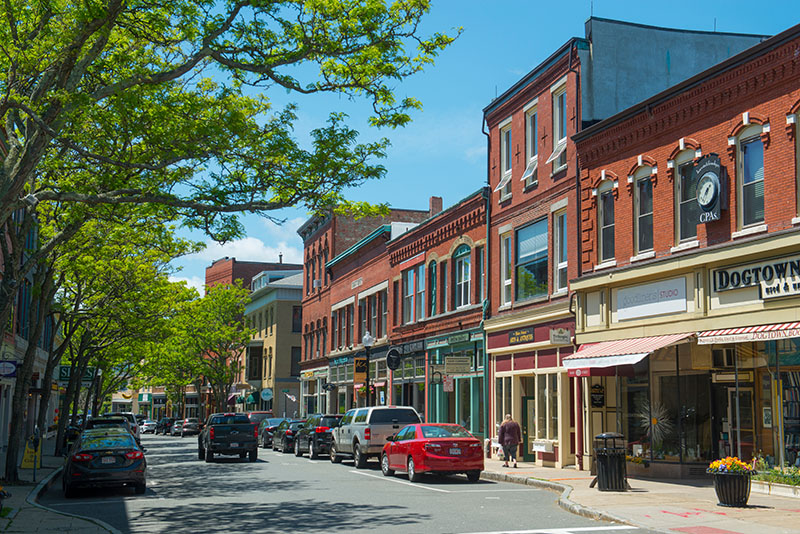
There are also events big and small scheduled throughout the year. Most will be free of charge, to make the celebration as accessible as possible, says Ruth Pino, one of the three steering committee chairs for Gloucester 400+.
“We made it a priority to include as much of the community as we could,” Pino says. “We’ve worked so hard to bring a year full of activities of interest and we’re very proud of our work.”
Three signature festivals anchor the schedule. On August 12 and 13, the Fisheries Heritage Festival will take over the state fish pier, celebrating the city’s rich maritime history. At Stage Fort Park, the Cultural Heritage Festival is expected to draw thousands of attendees on October 7 and 8 to sample diverse foods, listen to music, and learn more about the many cultures that make up today’s Cape Ann. From October 9 to 14, the Indigenous Heritage Film Festival will highlight the history and cultural contributions of Cape Ann’s earliest inhabitants.
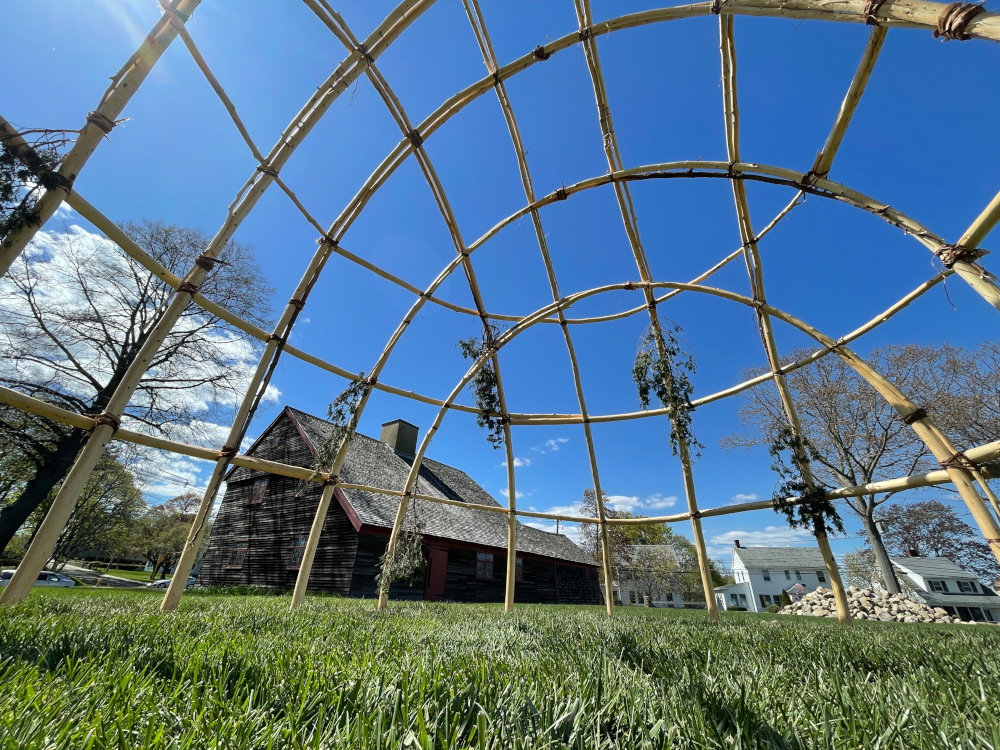
The Cape Ann Museum is offering several events and exhibits featuring the region’s indigenous history. Wampanoag creative production firm Smoke Sygnals in May built a wetu—a traditional Wampanoag seasonal shelter—on the Cape Ann Museum Green, where it will remain in place as a long-term temporary installation for the next two to three years. In the fall, the organization will create a mishoon, a traditional canoe, as part of the Cultural Heritage Festival; the vessel will then be on display alongside the wetu.
“We will be using those indigenous-created objects to better tell and illuminate the story of indigenous people here on Cape Ann,” Barker says.
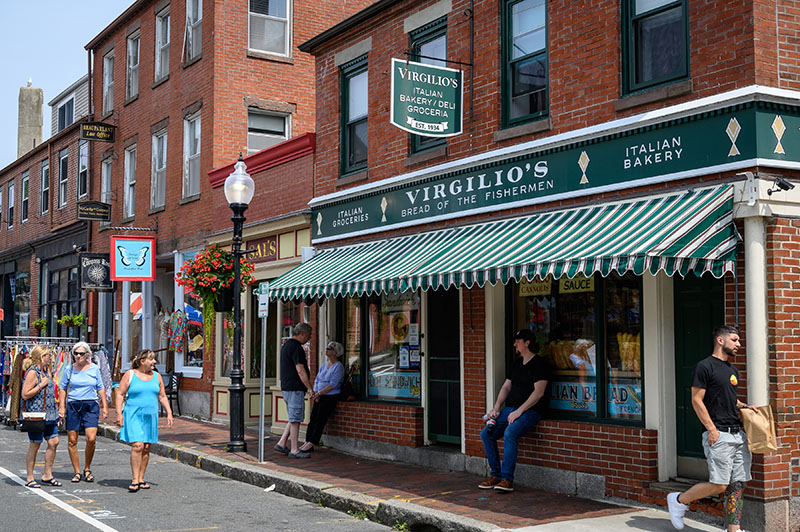
An exhibition exploring elements of Gloucester’s Black history will open on June 9 at Wellspring, a nonprofit helping to support families on the North Shore. The house in which the organization is based was once owned by a man freed from enslavement and his descendants, who eventually became some of the biggest landowners in the area. Wellspring staff has been working with volunteers and a grant-funded history researcher to unearth the largely buried history of the Freeman family.
“It’s important to us that we tell more of a story than that these are folks that used to be slaves,” says Wellspring executive director Melissa Dimond. “There’s so much more to know. We think this will be the beginning of so many more years of learning.”
Throughout the summer and into the fall, a range of tours will expose visitors and locals to more facets of the community’s past, including the history of the Dogtown settlement, and the city’s rich literary history. The Cape Ann Symphony will perform a free outdoor concert at Stage Fort Park on July 28. Captains Courageous, a classic film set aboard a Gloucester fishing boat, will be projected onto the sail of the Schooner Ardelle for public viewing on August 3.
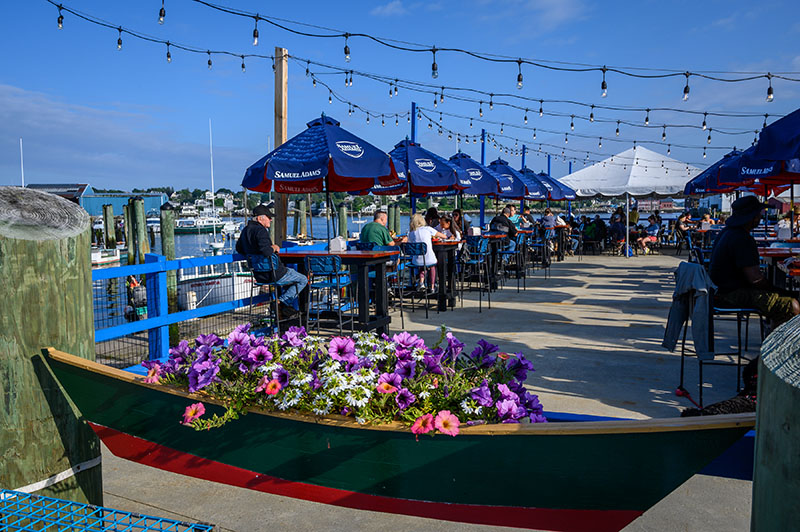
A full calendar of official Gloucester 400+ events as well as additional community activities—dory races, schooner visits, outdoor concerts, and more—is available at gloucesterma400.org/calendar. The organizers hope residents and visitors alike take full advantage of the offerings.
“We want everyone to feel like they’re part of this amazing place,” Zwart says. “I want people to come to Gloucester to learn and see and celebrate.”
What’s in Store
This is just a sampling of the official and associated events scheduled throughout the year. Visit gloucesterma400.org/calendar for complete listings.
Literary Gloucester: A Walking Tour
June 24, July 29, Aug. 26, and Sept. 30, Downtown Gloucester
Learn about the city’s literary legacy, which includes such notable names as Rudyard Kipling, T.S. Eliot, and Judith Sargent Murray.
Cape Ann Symphony Pops Concert
July 28, Stage Fort Park
Enjoy a free, outdoor performance by the 70-piece Cape Ann Symphony orchestra against the majestic backdrop of Gloucester Harbor.
Fisheries Heritage Festival
Aug. 12–13, State Fish Pier
Embrace the maritime history of the country’s oldest fishing port.
Captains Courageous screening
Aug. 3, Harbor Loop
The classic film, based on the book by Rudyard Kipling, will be projected on the sail of the Schooner Ardelle.
Dogtown Common Theatre Production
Sept. 22–23, Windhover Performing Arts Center, Rockport
This theatrical interpretation of the poem “Dogtown Common” offers a glimpse into the history of the long-abandoned colony.
A Celebration of Place: A Cultural Heritage Festival
Oct. 7–8, Stage Fort Park
Singing, dancing, art, food, and cultural exhibits come together to celebrate the rich diversity of Gloucester.
Indigenous Film Festival
Oct. 9–14
A weeklong exploration of indigenous film, including short films and animations, documentaries, feature-length mainstream films, contemporary television programs, and even comedy and sci-fi films.

